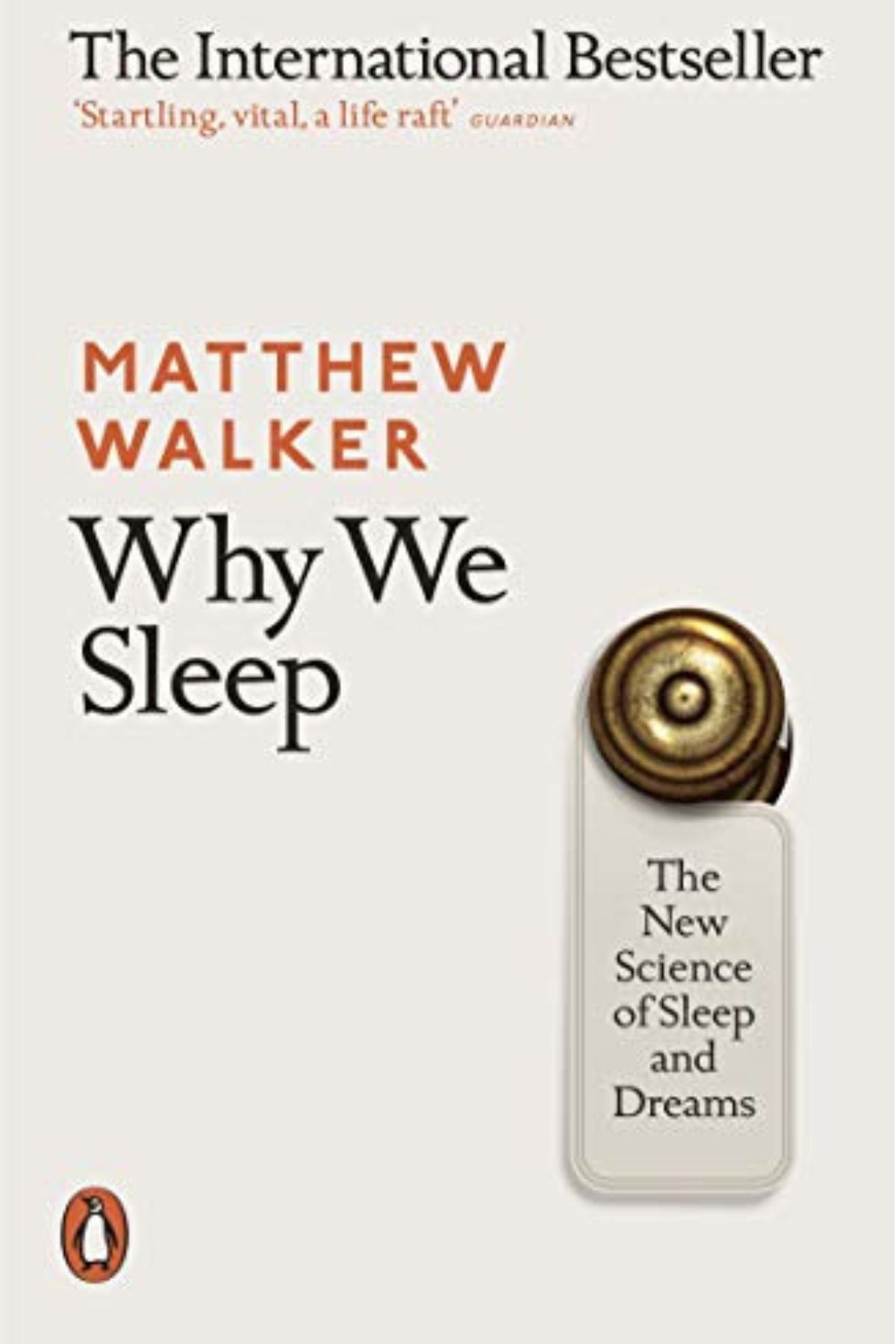The best bridge between despair and hope is a good night’s sleep.
- "Matthew Walker"
Just finished reading another book within a month. It is probably the period that I spend most time reading while hunting for a job.I stumbled upon Why We Sleep by Matthew Walker, a professor of Neuroscience and Psychology at the University of California Berkeley, and the title immediately caught my attention. After reading a plethora of psychology books, I was excited to dive into a different genre and Why We Sleep exceeded all my expectations. Breakthroughs in technology and science have explained the basic drivers of human behaviour, such as why we eat, drink, and reproduce, but the reason for why we sleep has remained mysterious for millennia. But in Why We Sleep, Matthew Walker provides answers to this age-old question and delves into the science behind why we spend a third of our lives asleep on average.
This book explains slumber with scientific facts and experiments in a enjoyable and humorous way, which makes complex science accessible to general audience. There are four parts in the book, either of which as Matthew wrote, “can be consumed individually and out of order without losing too much of its significance“. Part 1 lays the fundamental understanding of sleep. All the living creatures in the planet sleep. Human being are unique thanks to unique stages of NREM and REM that make us the most intelligent animal in the planet. Our 24 hours circadian rhythm which is a product of external factors such as day light time and internal chemicals such as melatonin. I found it fascinating to learn that even though we have this rhythm, there are variations among individuals and that our sleep changes throughout our lifespan. For example, some people are morning larks and others are night owls, and this is completely normal. This debunks the myth that "early is better" when it comes to sleep, which can be detrimental for the 40% of the population who are night owls.
Part 2 delves into the reasons for sleep and its benefits, as well as the impacts of sleep deprivation. It's surprising to learn that sleep can benefit all aspects of our development and daily activities. Insufficient sleep can have serious negative effects on our major physiological systems such as cardiovascular, metabolic, immune, and reproductive. As a fresh graduate, I have pulled all-nighters prior to project deadlines, but it turns out that this decision was counterproductive and silly. Sleep deprivation can reduce our ability to learn and be efficient by 50%. The best pill for great grades, perhaps, is good sleep. However, it's also ironic that our education system is built to push students to overstudy and this kind of learning and memory, according to Matthew, will fade after a few days.
I used to believe that a deep sleep was all one needed and that sleep with dreams indicated a bad quality sleep. However, after reading this book, I realise that it is during REM sleep that we dream, and that this is the time when our brains are producing creativity, emotional control, and social capabilities. Part 3 is dedicated to discussing the benefits of REM sleep and dreaming.
Part 4 discusses three types of sleep-related diseases that millions of people suffer from, and most importantly, the things that prevent us from sleeping nowadays. I have seen many people switch their screen colour to yellow in order to protect their eyes, but there is another reason: to filter out the blue LED lights which disrupt our sleep. Alcohol, caffeine, alarms, and temperature can all play a role in our sleep quality. It is also mind-blowing to learn that sleep pills are one of the most abused drugs, and that they do not improve sleep quality, but rather put us in a sedative state. Matthew highlights that given such a critical role sleep plays, organisations and governments do not put enough emphasis on educating the public and creating policies that encourage sleep, for example at the workplace. I cannot agree with him more. Indeed, most people perhaps do not have enough knowledge about sleep, and this should change urgently
Why We Sleep has changed my perception of sleep and the way I approach it. A good night's sleep truly is a panacea for all ills. That’s all you need.
